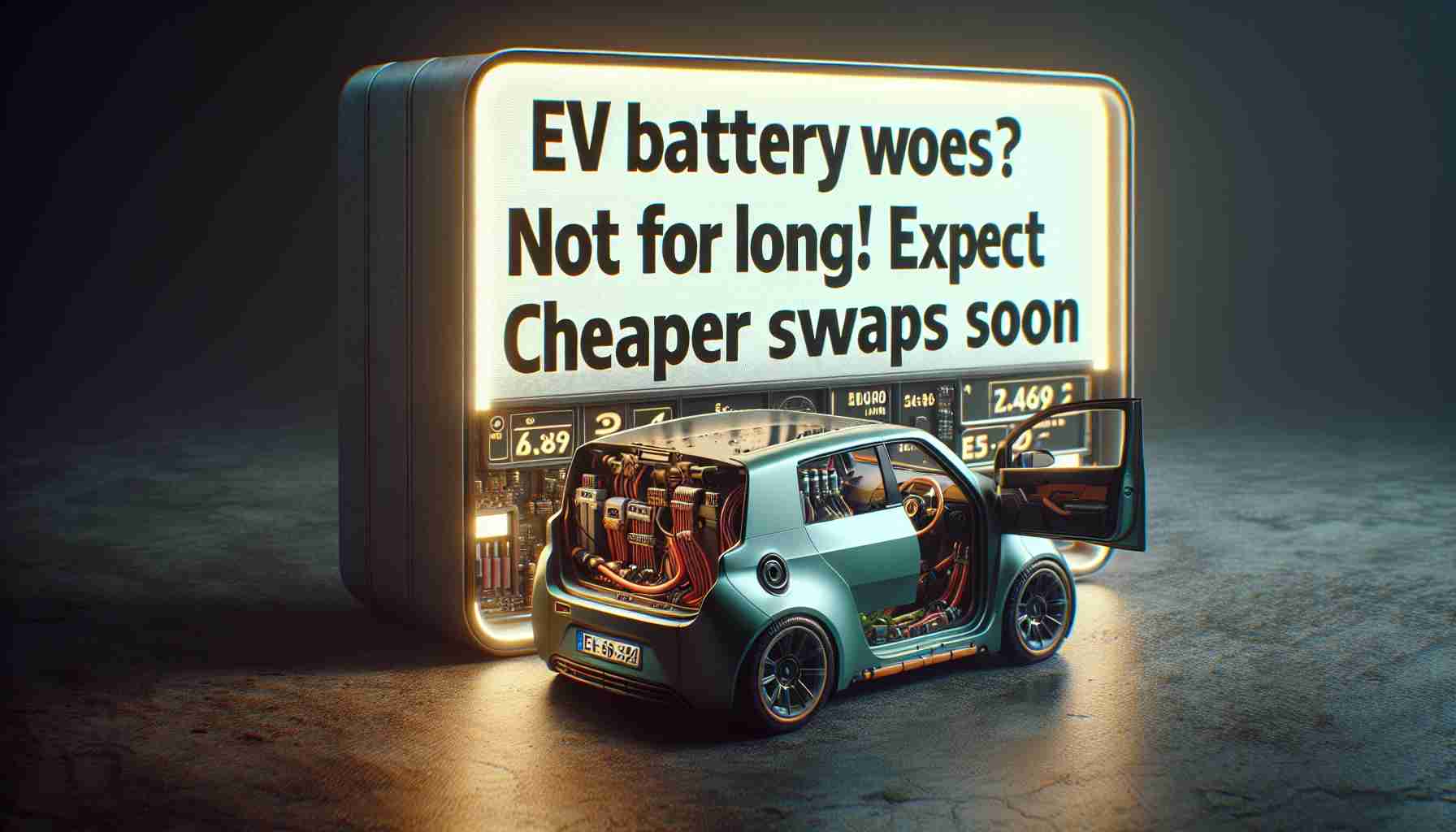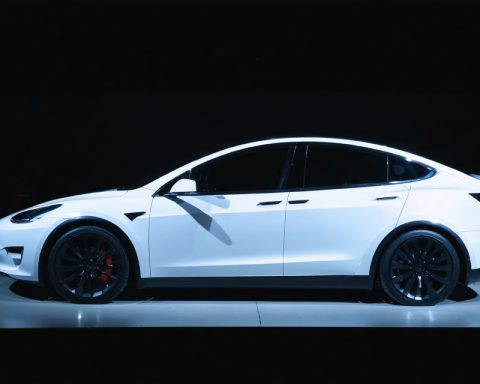Electric vehicle battery replacements have long been a concern for prospective buyers. However, according to Recurrent, this worry may soon be outdated. This battery-analysis firm suggests that plummeting battery costs will make replacing an EV battery more affordable than repairing traditional gasoline engines by the decade’s end.
Recurrent, known for generating battery health insights for pre-owned electric vehicles, anticipates a notable decrease in EV battery replacement costs, projecting that they will account for just 30% of a used car’s value by 2030. This is a significant drop from current times when replacing a battery can consume up to 75% of a $15,000 used car’s worth.
The anticipated decline in battery expenses aligns with forecasts by financial powerhouses like Goldman Sachs, which projects the price of EV batteries to dip to $80 per kWh by 2026—a near 50% reduction from today’s costs. This trajectory marks a continuation of the long-term trend identified by the U.S. Department of Energy, which notes a dramatic 90% drop in EV battery costs since 2008.
Recurrent envisions a future where used EV batteries will serve new purposes, such as stationary energy storage solutions, benefiting owners who could sell their old batteries. This innovation could reduce the effective price of new battery packs by an additional $10-$20 per kWh, making EV ownership even more economical.
Overall, these developments indicate a shift where EV ownership could become increasingly attractive, reducing costs, and enhancing sustainability in the automotive sector.
Future of Electric Vehicle Batteries: Trends and Insights Revealed
The landscape of electric vehicle (EV) ownership is on the brink of a transformative era, driven by rapidly declining battery costs and innovative repurposing opportunities. Insights from Recurrent and predictions from financial experts suggest that battery replacements will soon become far more affordable, reshaping the economic viability of owning an EV.
Trends in EV Battery Costs
According to recent analyses by Recurrent, a firm specializing in battery health for pre-owned EVs, the cost of replacing an EV battery is set to decrease significantly. Currently, replacing a used EV battery can account for up to 75% of a $15,000 used vehicle’s value. However, by 2030, this figure is expected to fall to just 30%. Such savings could make EV maintenance more affordable than traditional gasoline engine repairs.
Goldman Sachs supports this optimistic outlook, projecting that EV battery prices will plummet to $80 per kWh by 2026. This expectation aligns with the long-term trend documented by the U.S. Department of Energy, which observes that EV battery costs have fallen by a striking 90% since 2008.
Innovative Use Cases for Used EV Batteries
In addition to cost reductions, Recurrent anticipates a burgeoning market for repurposed EV batteries. Used EV batteries are expected to find new life in applications such as stationary energy storage solutions. This innovation presents a mutually beneficial scenario: it provides an income stream for EV owners selling their old batteries, while also potentially reducing the cost of new battery packs by $10-$20 per kWh.
Sustainability and Market Predictions
These advancements reflect a broader shift towards sustainable practices and economic accessibility within the automotive industry. As battery technology and applications evolve, EV ownership is likely to become more attractive. This is not only due to declines in operational costs but also because of the growing emphasis on sustainability, with secondary markets enabling circular economies.
Conclusions and Industry Outlook
The projected reduction in battery replacement costs, coupled with innovative repurposing strategies, paints a promising picture for the future of EVs. As the decade progresses, these changes may well position electric vehicles as a more economically and environmentally sustainable choice for consumers, potentially accelerating the transition away from fossil fuel-dependent transportation.
For more insights on electric vehicles and market trends, visit the Recurrent homepage.











